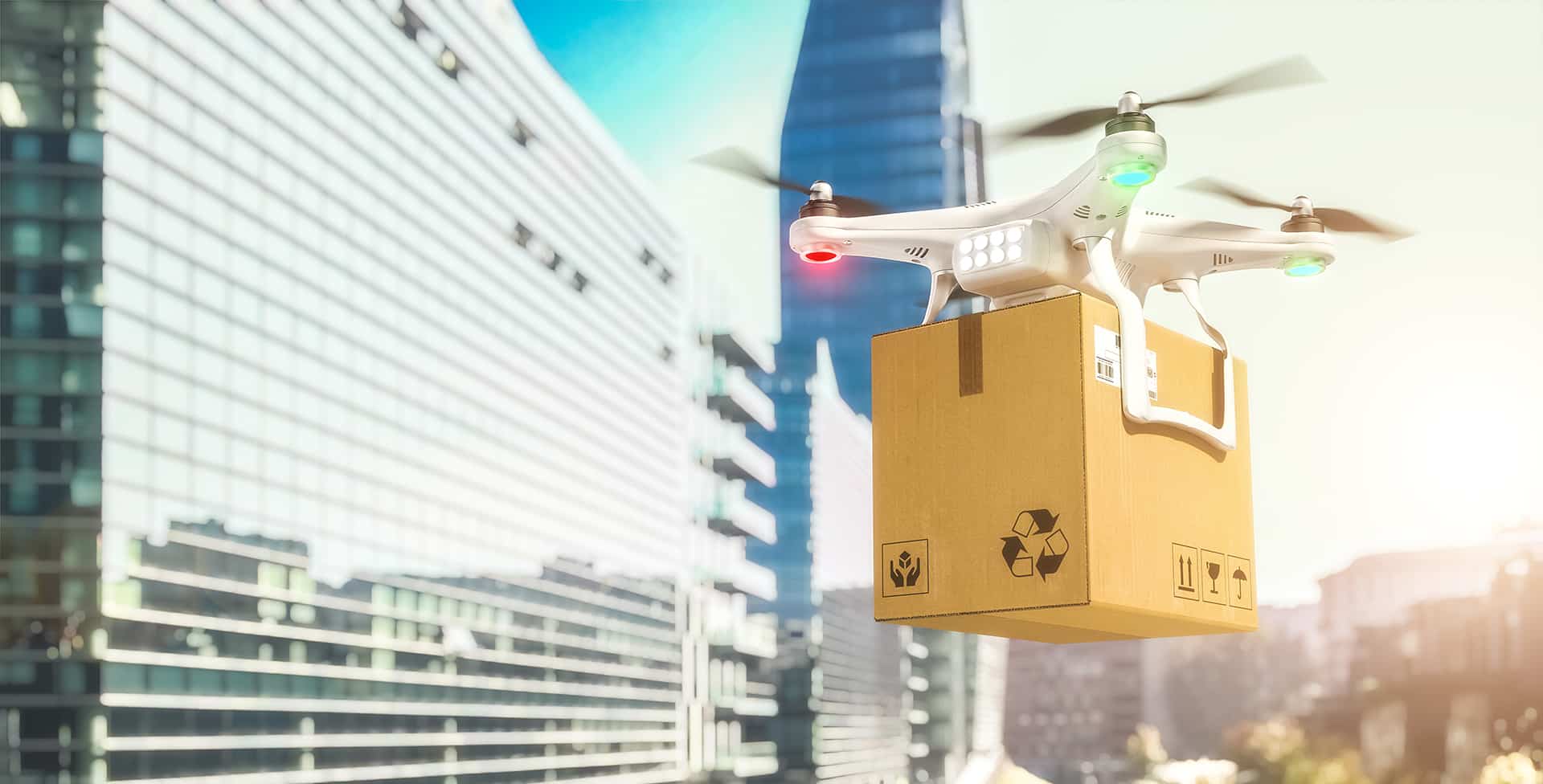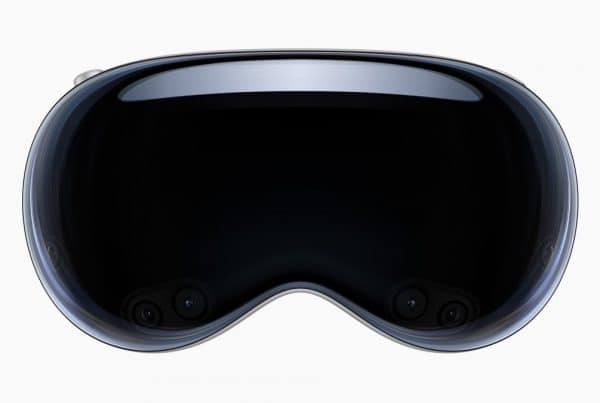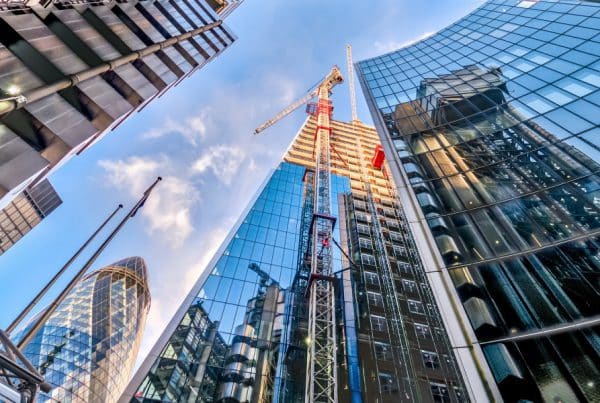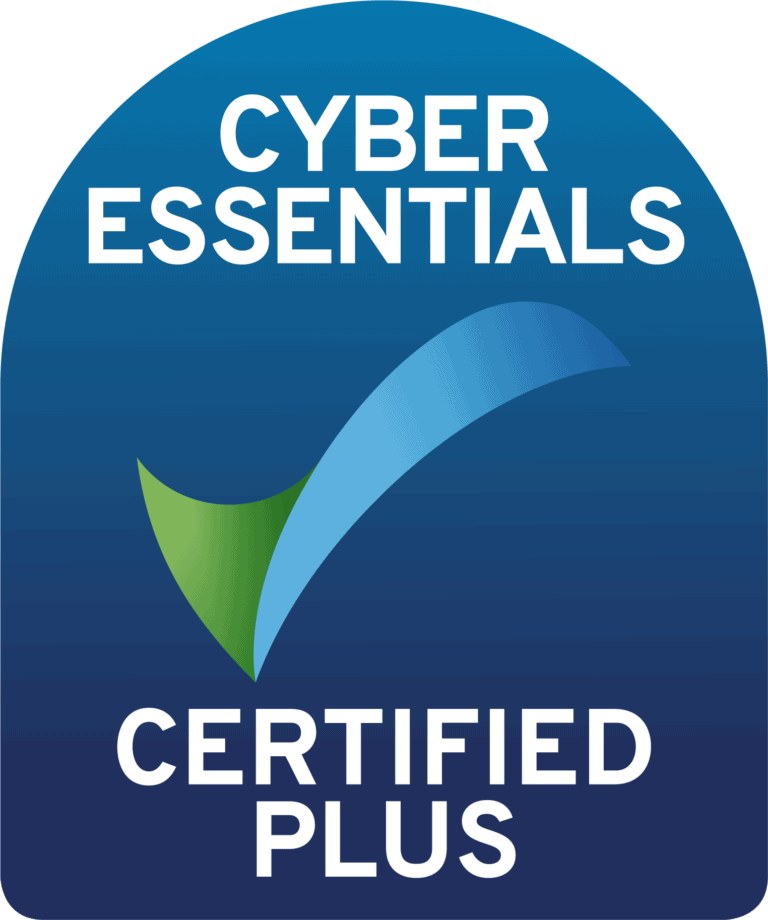The time of simply moving goods from one place to another has long gone. Just-in-time delivery, visibility of supply chain, and service quality are now top objectives in logistics companies.
The success of any logistics company is through efficient warehousing and stock management, process automation, speed of delivery, safe storage control and quality of goods.
The accomplishment of the 7R’s of logistics is important. These include moving the right product – in the right quantity and condition, at the right time and at the right price – to the right place and the right customer. Accomplishing this is complicated, and an increasing need for the use of innovative solution to achieve these goals is needed.
Location-based management systems
A smart location management system, utilising IoT, can provide real-time visibility of delivery status, driver activities, and vehicle location. Once the delivery is successful, both the customer and supplier are notified of the successful delivery.
In addition, any changes within delivery process are detected and reflected live, allowing improved delivery planning and accurate scheduling.
Inventory tracking and warehousing
Warehouse optimisation and inventory control are important parts of a connected logistics business. Small, low-cost sensors allow for the easy tracking of items. They also enable the monitoring of the items environment to ensure they are kept at the best quality available.
Real-time data and predictive analytics
Predictive analytics is revolutionising different industries, allowing businesses to create effective business strategies, improve the decision-making, provide informed business insights, and manage risks amongst other challenges.
Internet-enabled devices enable the collection of large amounts of data and transmits them to central systems for greater analysis. This analysis can be applied to route and delivery planning, and can proactively identify issues before something goes wrong.
Autonomous vehicles
The widespread use of self-driving vehicles is coming. Testing is ongoing at the moment. Logistics companies will be the first to take advantage.
While IoT-connected sensors are responsible for collecting large amounts of data, the analytics system turns them into smart driving routes and directions. This way, businesses can also reduce car accidents, improve operating costs and optimised delivery routes.
Drone-based delivery
Drones provide the highest potential in retail and logistics. These can add speed and efficiency to the working environment.
IoT-powered drones can ensure business automation. They can provide inventory tracking, fast supply of goods, and instant in-store delivery. What’s more, they are also able to solve last-mile delivery problems.

